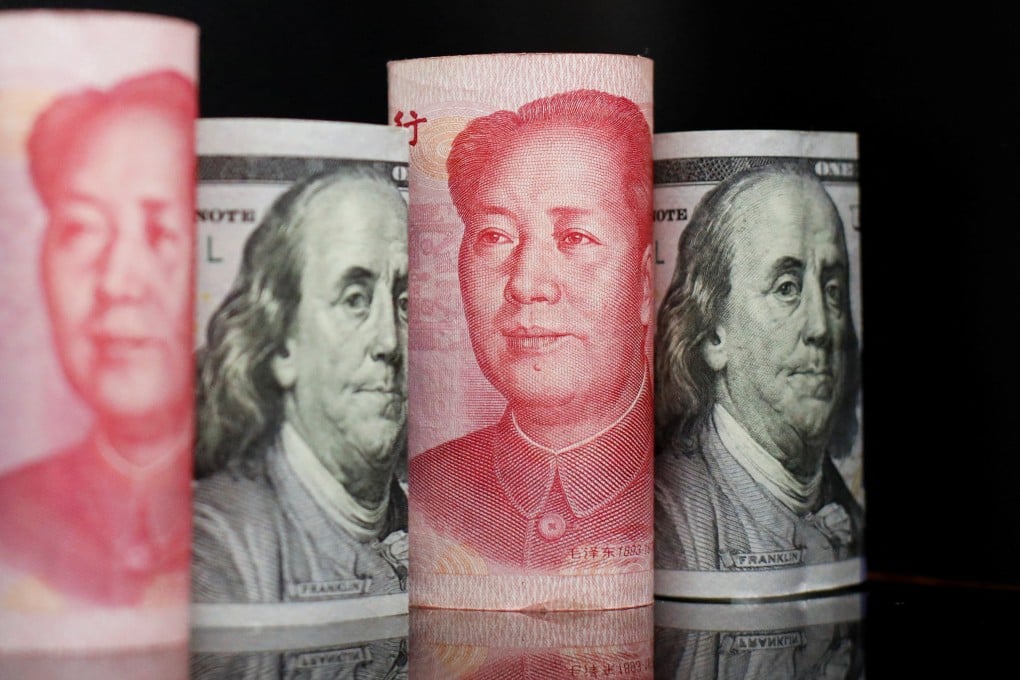My Take | End of dollar dominance will also spell demise of US hegemony
- The financial future of the world is not that the yuan is likely to become the dominant global currency, but that the US is doing its best, or worst, to debase and dethrone the almighty dollar

Here are some random stories that I have been reading the past few weeks about the Chinese currency.
The yuan has surpassed the euro to become the second-largest currency in the foreign reserves of Brazil, South America’s biggest country. As China’s 10th-largest trading partner and a key supplier of iron ore and soybeans, it is increasingly using the yuan for settlements in trade and investment.
Largely because of Western sanctions and being excluded from much of the global financial system, Russians have turned to the yuan as the currency of choice. It has replaced the US dollar as the most traded currency in the country, with almost all the big banks offering services and deposits in the yuan.
As Russian President Vladimir Putin described the outcome of his meeting with Xi Jinping in Moscow, “We are in favour of using the Chinese yuan for settlements between Russia and the countries of Asia, Africa and Latin America.”
Last week, France’s TotalEnergies completed its first deal in yuan with the state-owned China National Offshore Oil Corporation (CNOOC) involving 65,000 tons of liquefied natural gas (LNG) from the United Arab Emirates. The French oil major said it was done at the request of CNOOC, and the Chinese side said it would set a new precedent for future transactions. Meanwhile, the Saudis are toying with selling more oil to the Chinese using the yuan.
Some observers, especially patriotic Chinese, like to claim the almighty yuan or “petro-yuan” is coming. But reports about the demise of the almighty dollar or petrodollar are greatly exaggerated. Individuals, companies and economies naturally prefer to trade in currencies that are freely convertible and highly liquid. By design, the yuan is neither, mainly because of domestic policy choices and economic restrictions. At least that’s the economics; everyone wants to keep the costs of transaction low.

